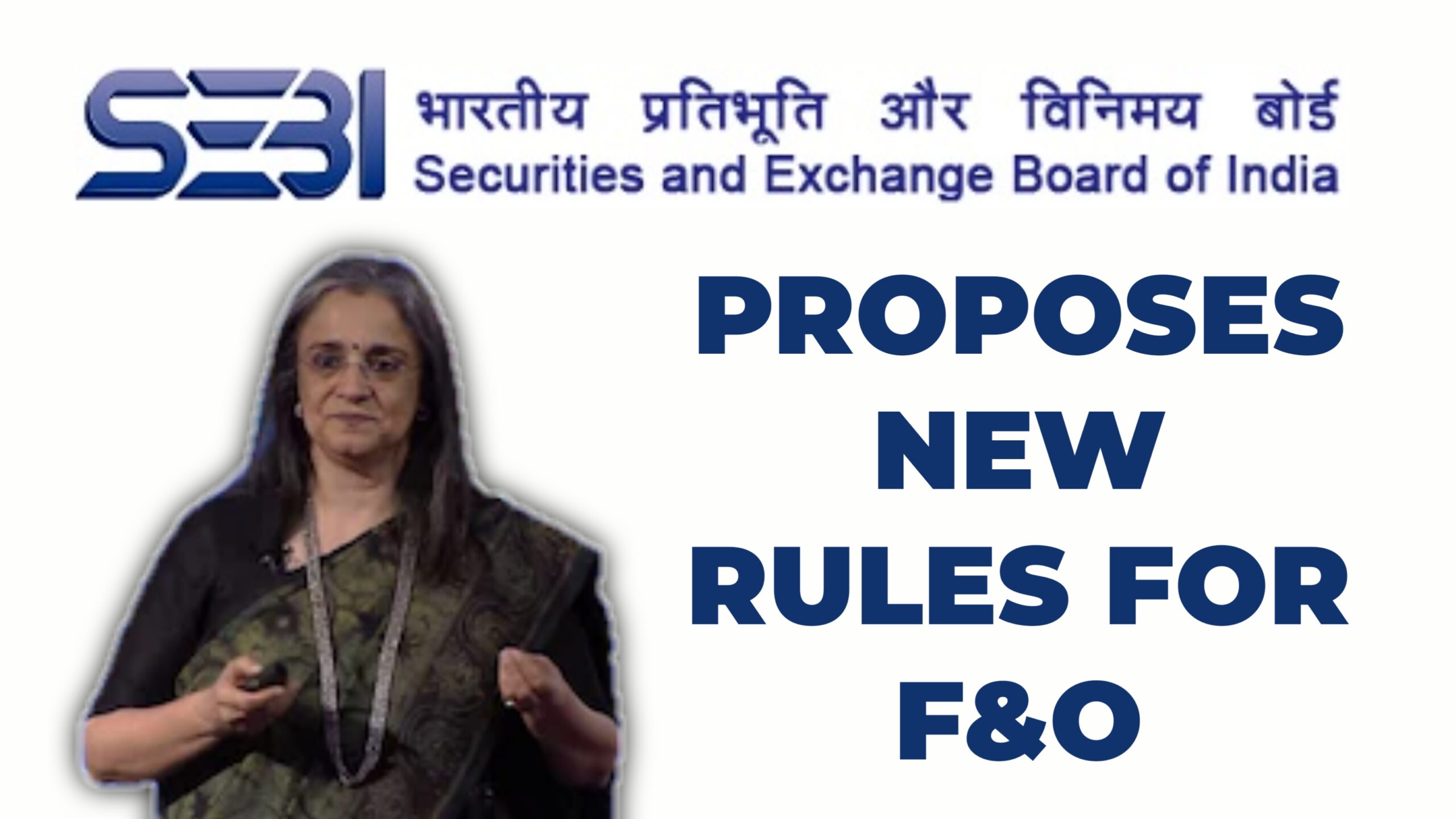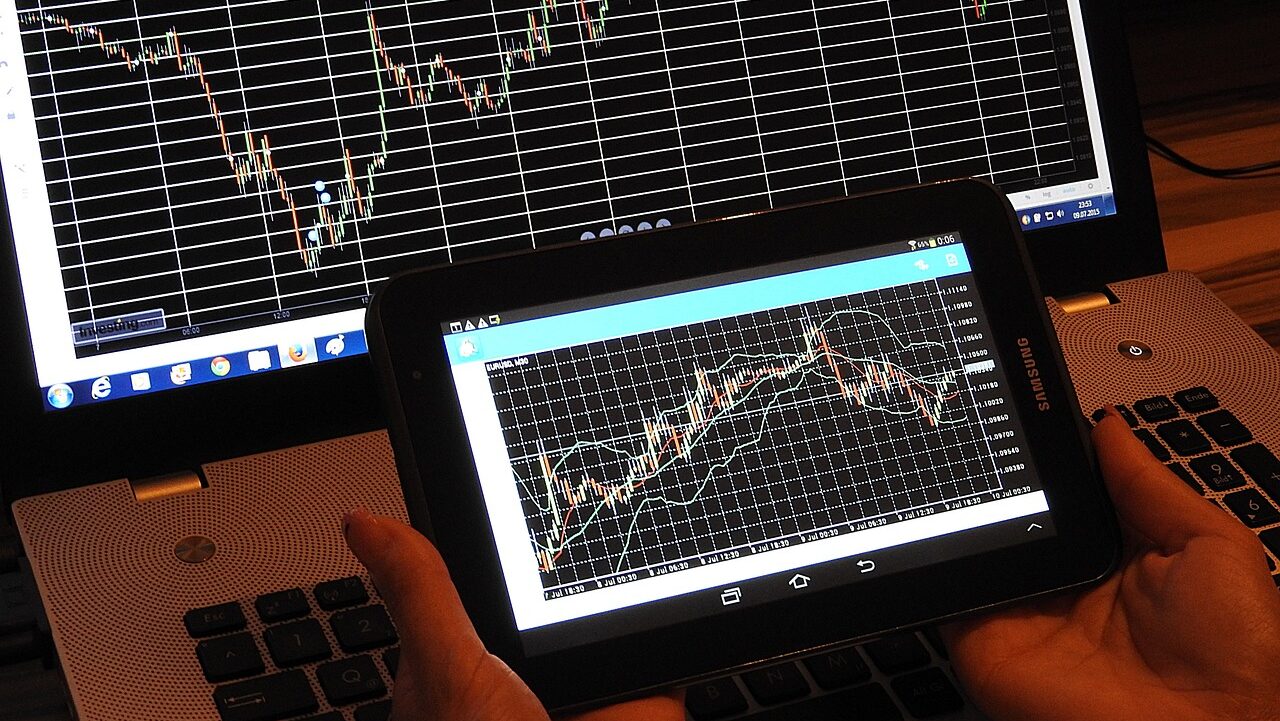Recently, SEBI has released a suggestion paper outlining seven measures to consider. One of these measures proposes the upfront collection of option premiums from option buyers. But what does this mean? In this article, we will cover everything related to this change. Let’s find out.
Table of Contents

What is Upfront Payment?
Upfront payment is the money that is paid in advance before receiving goods or services. This payment is made at the beginning of a transaction to secure the service or product. In many cases, it serves as a form of security or commitment from the buyer.
In trading, upfront payment refers to the margin a trader must deposit before making a trade to ensure they have enough funds to cover potential losses.
Upfront Collection of Option Premiums from Options Buyers
However, under a new SEBI rule, trading members or clearing members must now collect the option premium upfront from every options buyer, including those who previously used collateral, such as stocks in their portfolio, to purchase options.
But Why This New Rule?
According to SEBI, option prices move in a non-linear way depending on their moneyness, which means they carry very high implicit leverage. These are timed contracts with the potential for very fast price increases or decreases.
What this means is that prices increase or decrease rapidly based on supply and demand (or the ask and bid). Because of implicit leverage which leads to heavy buying, price can jump significantly without justifying the price itself. We have recently seen incidents like 8-rupee premium jumping to 800 rupees, which is unjustified at its core.
So, after this rule, there will not be reckless buying of options. People will not be able to take positions without considering the upfront premium cost.
The majority of people who use stocks in their portfolio as collateral will become reluctant to sell their holdings and buy options. This can lead to a significant drop in options volume and might help reduce these cascading price jumps.
This is what can be concluded from SEBI’s new proposed rule (3.2 Upfront Collection of Premium). However, the accuracy of this conclusion is not guaranteed. Please consult your financial advisor for complete clarification.
What is TM and CM?
TM stands for Trading Member, and CM stands for Clearing Member.
- A Trading Member (TM) is a member of a stock exchange who is authorized to trade in securities. Their main job is to execute buy and sell orders for their clients or for themselves. It’s generally a stockbroker.
- A Clearing Member (CM) is a member of the clearing corporation associated with a stock exchange. Their primary role is to ensure that all trades executed by Trading Members are settled correctly. This means they handle the transfer of securities and funds between buyers and sellers.
In summary, TMs facilitate the actual trading of securities, while CMs ensure that these trades are settled properly and manage the associated risks.
The Bottom Line
These new rules aim to reduce overwhelming trading volume in the options market. This change is expected to significantly reduce trading volumes and make the market less prone to high-frequency, high-leverage trades.

